As part of the requirements needed to complete my B.Eng degree in the university, I started my internship as a maintenance engineer in a factory in Ibadan.
I started working here in August, but it recently just occurred to me that it would be beneficial if I documented my journey here as an intern. So, I decided that I will be documenting details of my weekly activities as an intern here on Hive for the sake of myself and those who might be interested in knowing what interning in the biggest city in West Africa looks like.

I started my documentation last week and in case you missed it, this is the link to my entry for the previous week: Documenting My Internship Experience: Week 1
Where I Work.
I work in a manufacturing company where we make PVC (Polyvinyl Chloride) pipes from recycled plastic. I am in the electrical department of the maintenance section. I work alongside two supervisors, and together, the three of us ensure that all forms of electrical faults in the company are well attended to. We also put in necessary measures to prevent faults from happening.
My working schedule is quite intense (I work 7AM-7PM from Monday to Saturday), but I live very close to the company and I get to my apartment earlier than most Lagosians, so I can't complain.
Without further ado, here is a day-to-day account of the second week.
MONDAY
I started the day feeling tired because I couldn't get much rest the previous night. Despite the fatigue, I still had to work.
The first thing I worked on was to reinstall the electric motor of the Milling machine that had just been recoiled. This was quite difficult because I'd never worked on that kind of motor before. It was a four speed electric motor with 12 different terminals.
~A four-speed electric motor is a type of electric motor with multiple speed settings, allowing users to choose from four different rotational speeds~
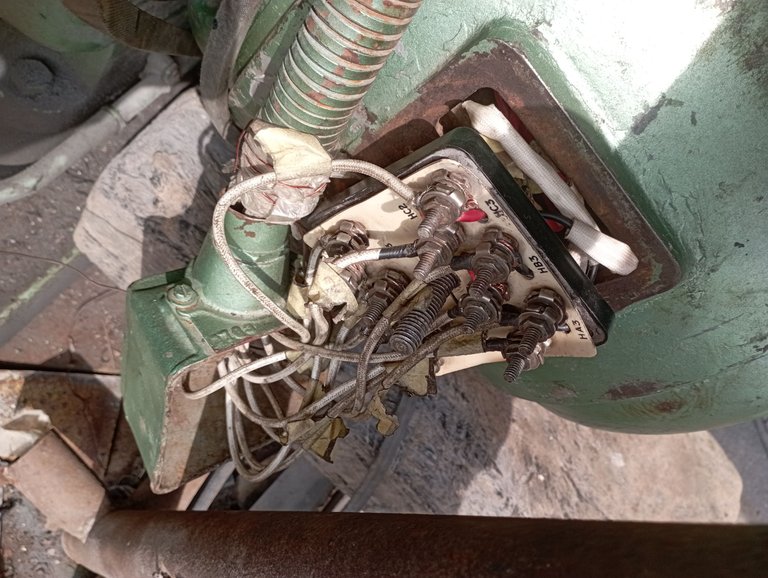
The 12 terminals
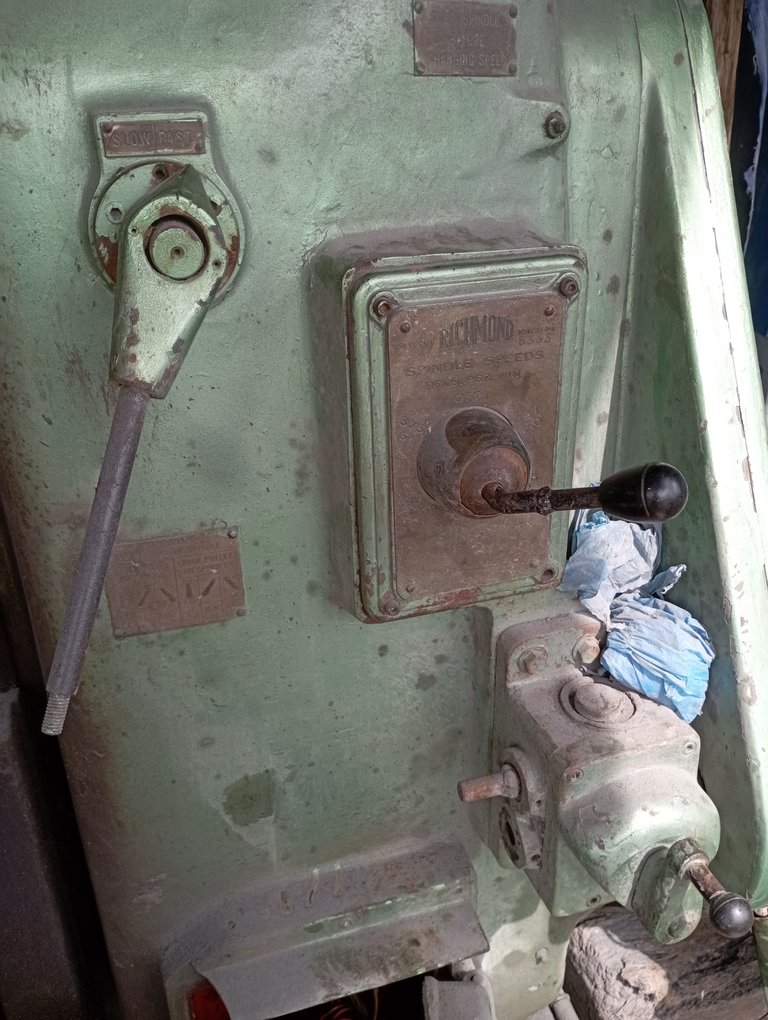
speed control of the Milling machine
Asides the 12 terminals, the motor is an old-modelled one, so there were some unfamiliar wirings there. But thankfully my supervisors were there, and by the time we were done reinstalling the motor, I had gained enough knowledge about the motor, and I believe I won't have much issues the next time I have to deal with such.
TUESDAY
One of the vacuum pumps on a production line stopped working, so we had to replace it with a spare. We had an extra vacuum pump at the workshop, so we coupled it and used it as a replacement for the damaged vacuum pump.
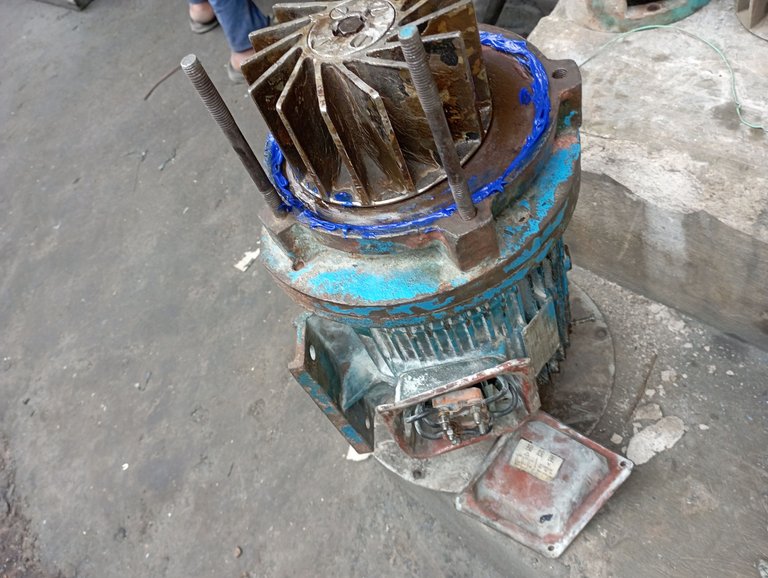
coupling the Vacuum pump
Unfortunately, the pump didn't produce enough pressure due to lack of power, so we had to remove it totally and wait for the office to purchase a new one.
The motor we installed yesterday also had some issues. Apparently, the man we hired to recoil the wounds in the motor didn't do it well, and that prevented the milling machine from functioning properly, so we had to remove it again and send it back to the man.
All in all, it was a really stressful day.
WEDNESDAY
Wednesday also came with its own bundle of packages. We had to couple a custom water pump of one of the production lines. It was quite difficult because its been months since the pump had been disassembled and it took a while before we could find all the parts of the pump and the proper arrangement.
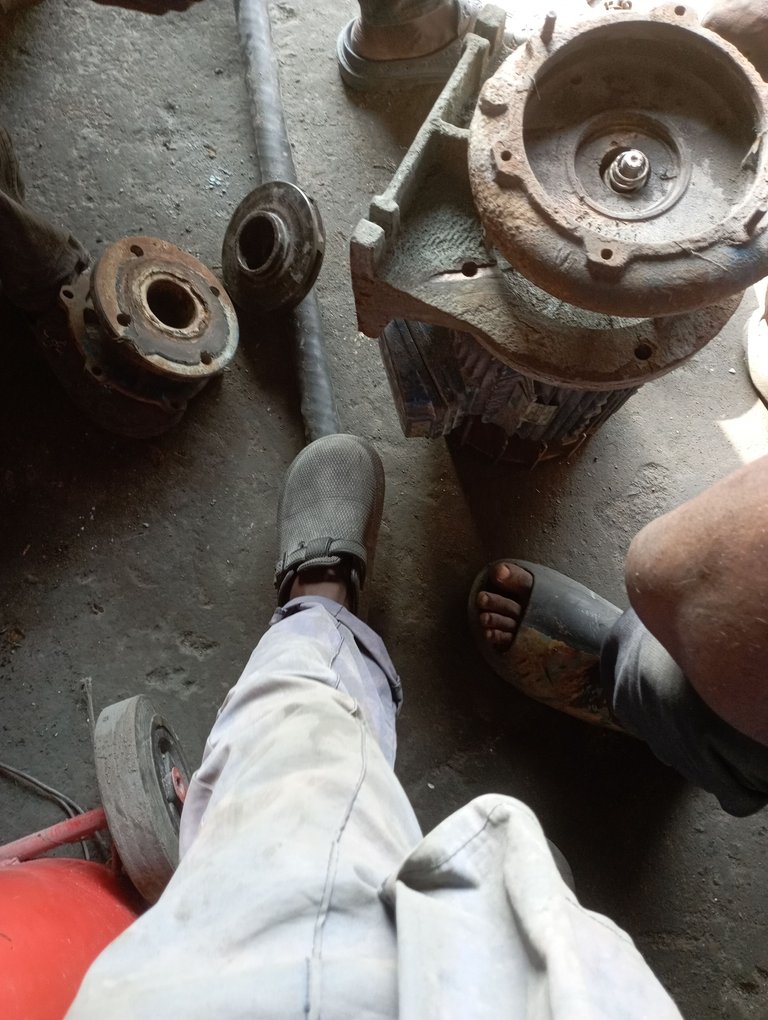
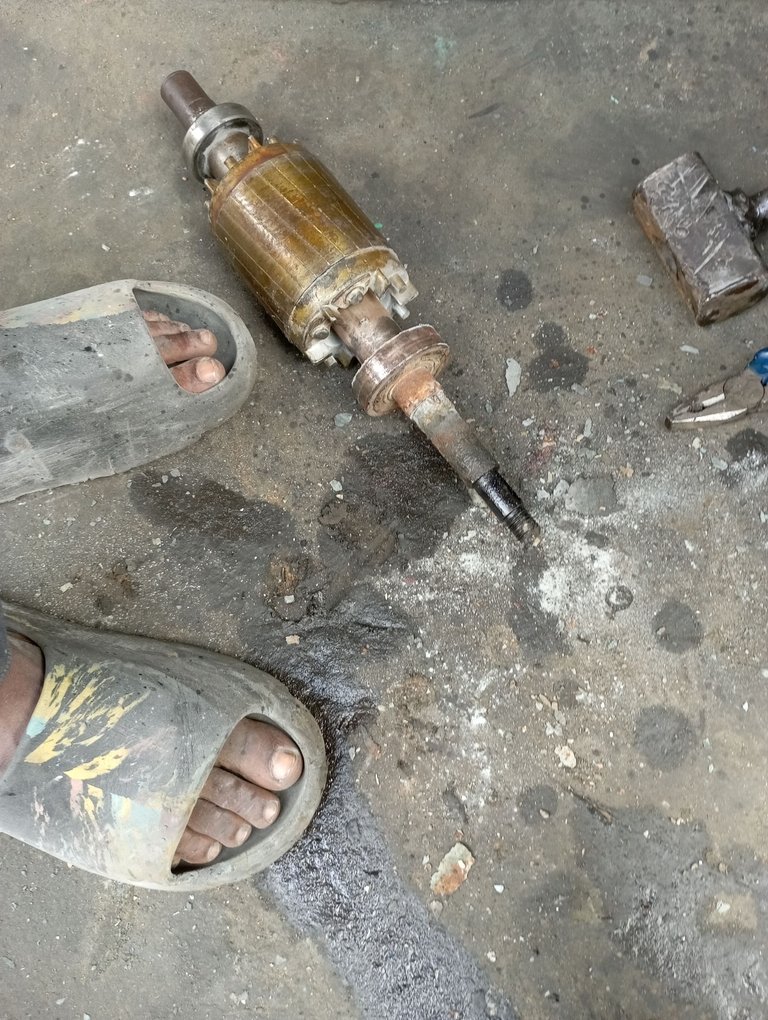
The Stator
THURSDAY
We had to help the mechanical department fix the pulley on one of the mixers. The pulley is attached to a 75HP electric motor, and they have been issues of improper placement which has led to the pulley dropping off while in motion. There was also an issue of over-vibration which always caused the Mixer to draw large currents while operating.
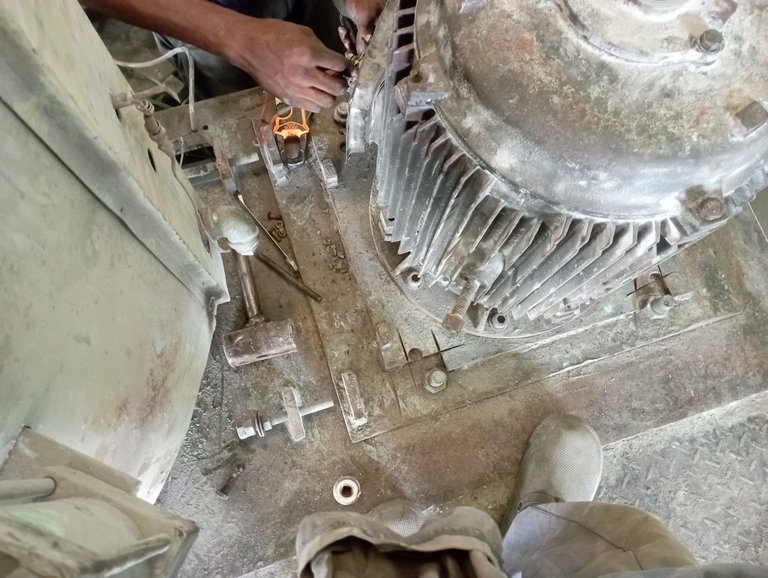
We helped to connect the terminals of the motor and also assisted in placing it properly. Thankfully, it was properly placed this time. The vibration stopped and the total current of the Mixer dropped significantly.
FRIDAY
I had to change a faulty circuit breaker on one of the production lines. I also helped changed a heater.
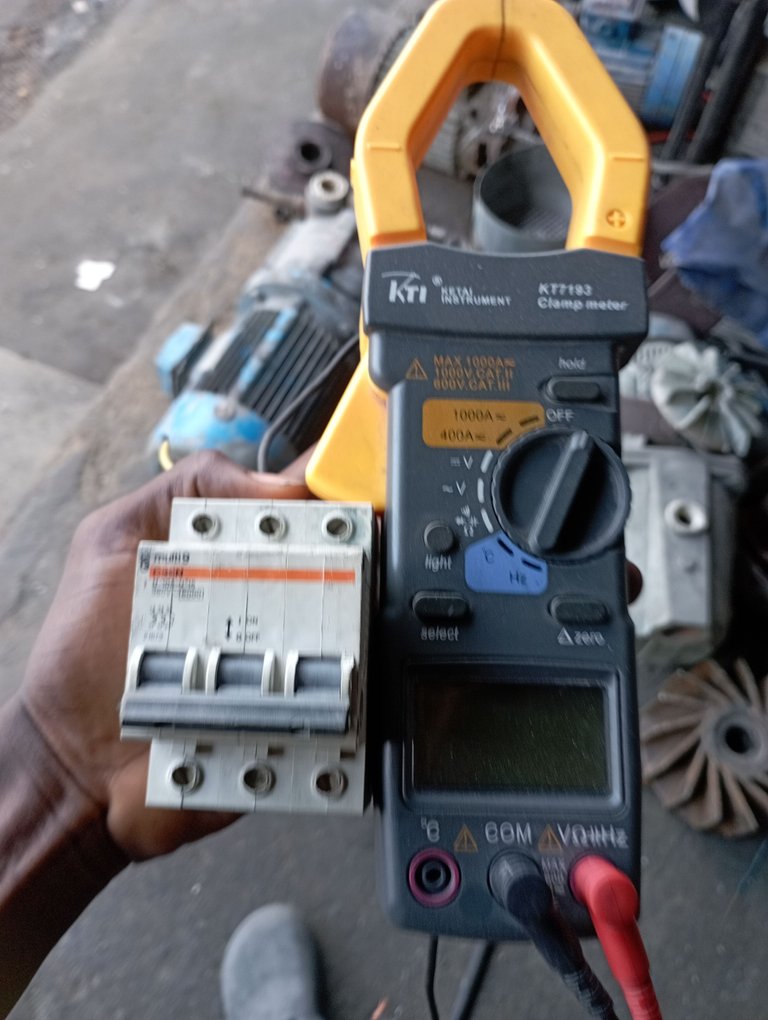
A Clamp meter and the faulty circuit breaker
After that, we had to couple another water pump for one of the production lines.
At this point, you must be wondering why I've been talking about electric motors most of the time. That's simply because most of the processes in manufacturing industries are driven by motors. Fans, pulleys, gears, and many more mechanical parts need electric motors to supply them with rotational energy, and that is why motors are one of the most important machines in industries.
The pump had an issue with its bearings, and we had to replace it in order to prevent the pump itself from getting damaged.
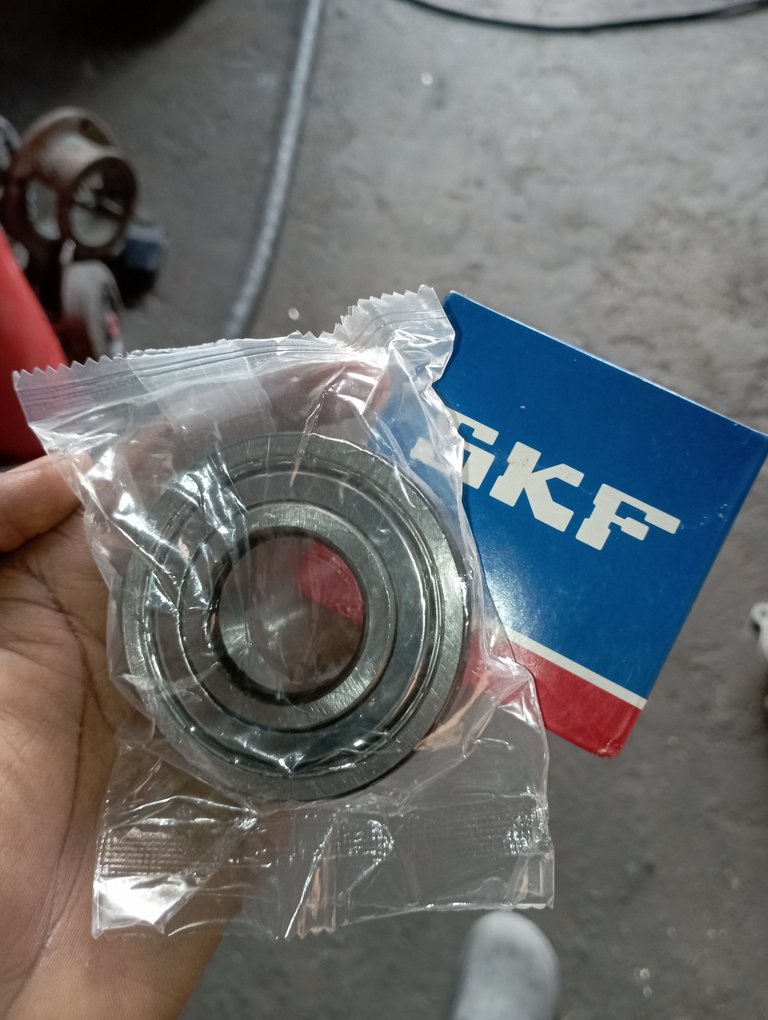
picture of a bearing
These things may look small, but they are expensive. A bearing as small as this could sell for over N50,000 (approx. $50) in some markets.

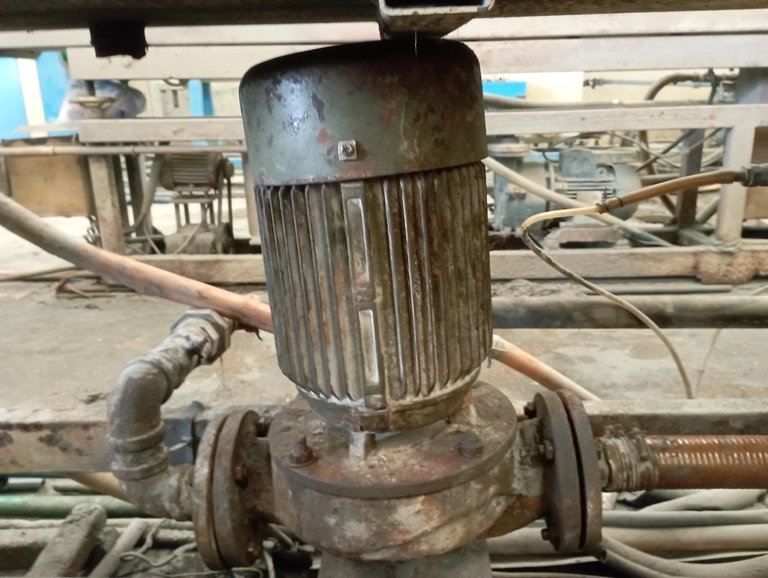
Work completed
SATURDAY
One of the Mixers in the factory stopped working and it wasn't coming on, so we were asked to come in and investigate. At first we thought it was the motor because all other components were functioning, but we later discovered, much to our relief, that the issue was a faulty Magnetic contactor.
a magnetic contactor is an electromechanical switch that is used to switch on/off a high current load
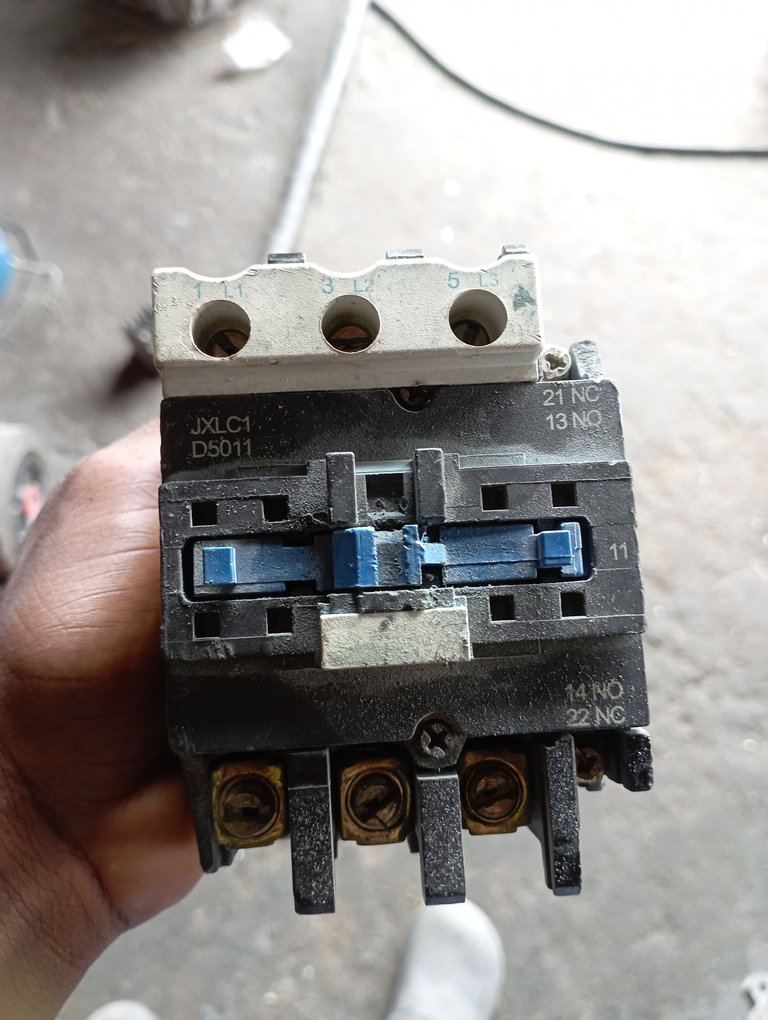
There was no replacement for the faulty contactor, so we just removed it. Hopefully, it will be purchased next week so we can fix it.
After that, I closed for the day and went straight to my room to get ready for my work-free day.
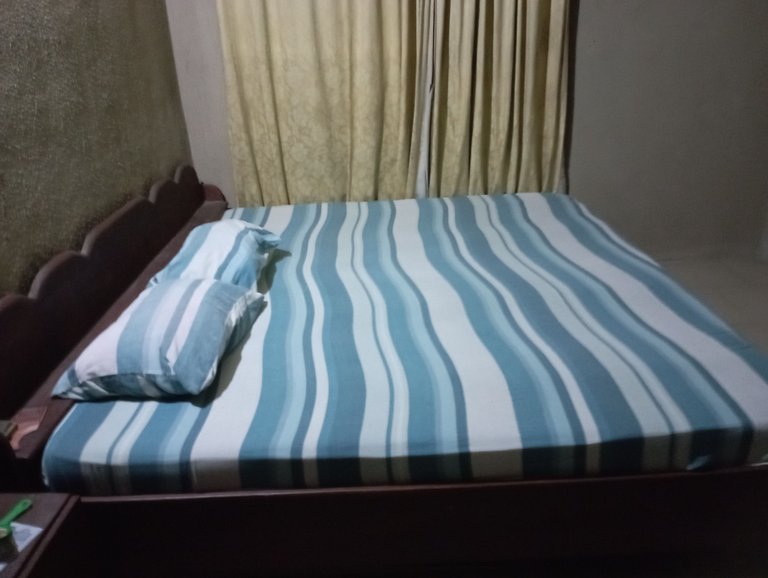
So, there you have it folks. A summary of my week as a intern. I'll be back at the end of this week to add an update. Thank you for following to the end.